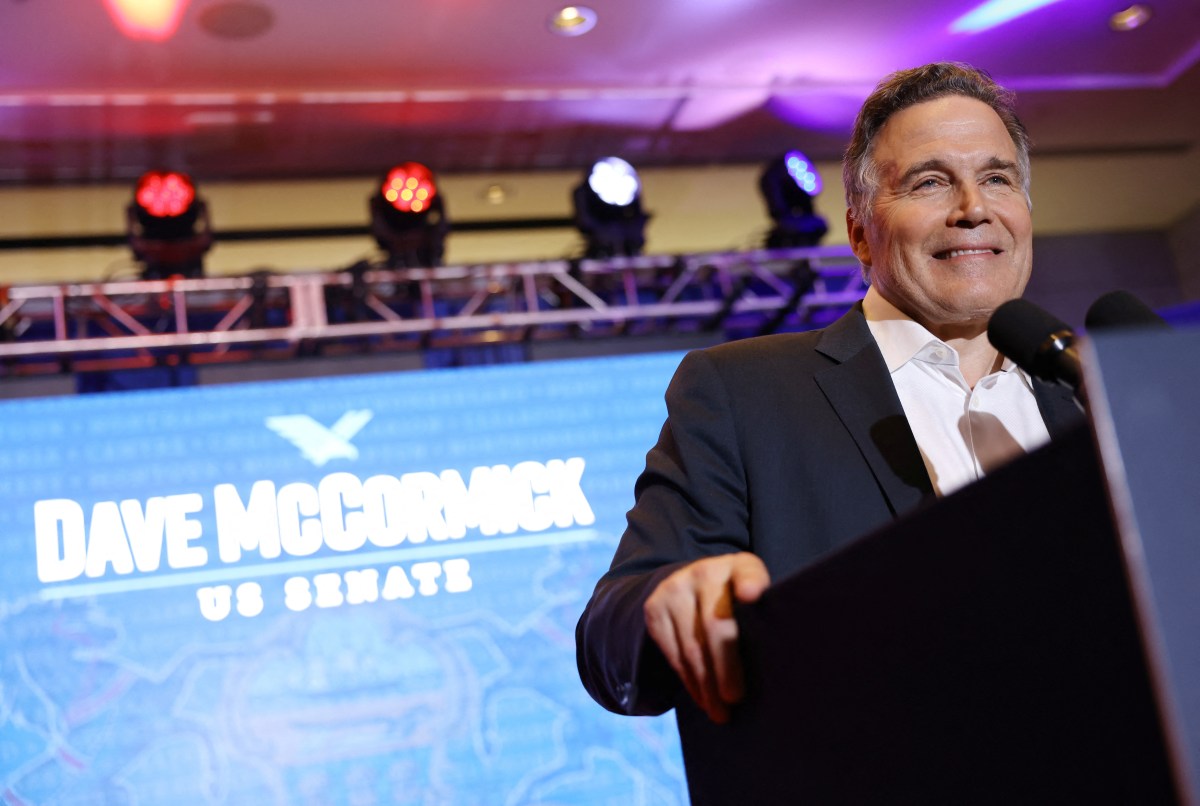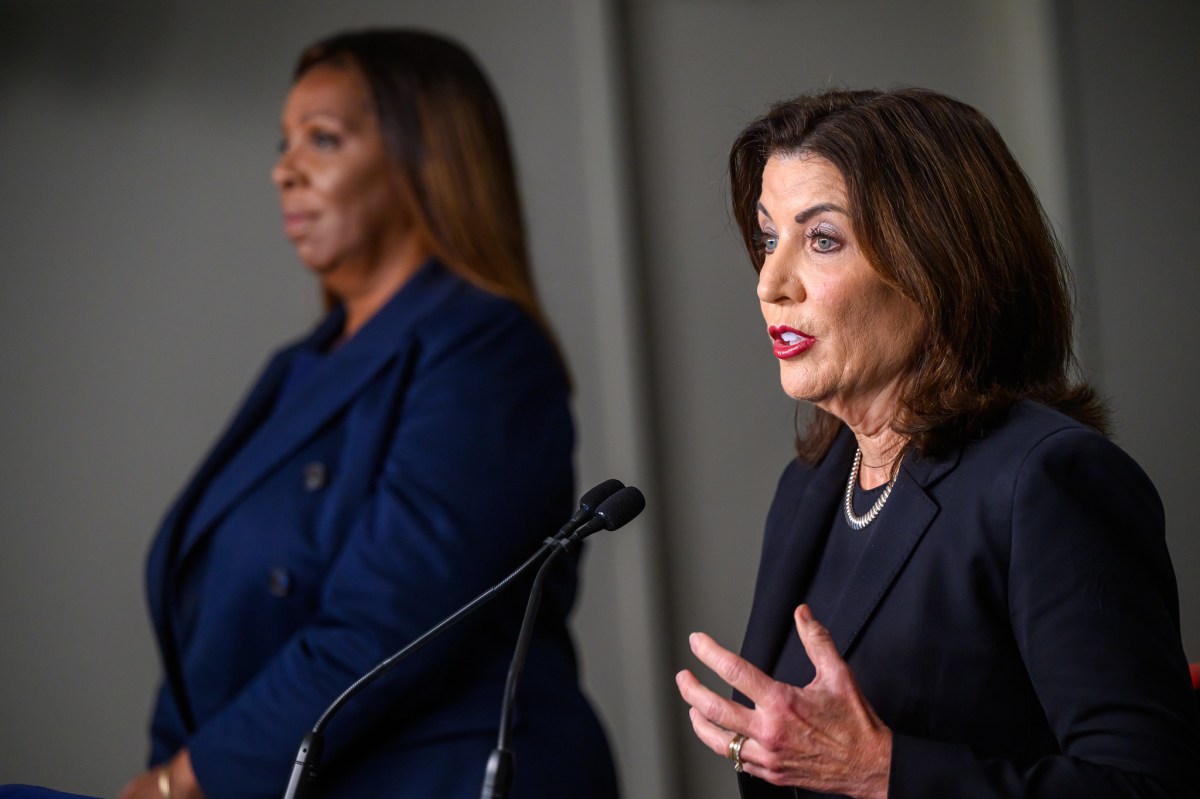NEW YORK (Reuters) – President-elect Joe Biden’s nominee to lead the U.S. Department of Homeland Security, Alejandro Mayorkas, said on Tuesday he would empower intelligence staff at the agency to gather information on extremist threats in “an apolitical, nonpartisan way” following a violent attack on the U.S. Congress.
“The threat of domestic extremism is one of the greatest challenges that the Department of Homeland Security confronts,” Mayorkas told the Senate Homeland Security Committee in a confirmation hearing before Biden is set to take office on Wednesday.
If confirmed, Mayorkas, who served as deputy secretary at the Department of Homeland Security (DHS) under President Barack Obama, will start the job days after the Jan. 6 riot at the U.S. Capitol staged by supporters of outgoing Republican President Donald Trump.
He also would take the helm of the sprawling agency – with 240,000 employees responsible for border security, immigration enforcement, cybersecurity, and disaster readiness and relief – in the midst of a raging coronavirus pandemic and on the heels of a massive hack of government agencies.
One of the first major challenges for Mayorkas would be delivering on Biden’s promises to reverse many of the restrictionist immigration policies put in place by Trump. He also faces the prospect of thousands of migrants traveling in caravans through Central America arriving at the U.S.-Mexico border.
Complicating his confirmation, however, Republican Senator Josh Hawley – who sits on the committee – said he objected to fast-tracking Mayorkas’ confirmation, citing concerns about Biden’s immigration plans.
Mayorkas needs a majority of the committee to approve his nomination, which then moves on to a full Senate vote where there is effectively a 50-50 split Democrats and Republicans. Vice President-elect Kamala Harris would hold the tie-breaking vote.
At the hearing, Mayorkas said changes to Trump’s border policies “cannot be accomplished with just the flick of a switch on day one, it will take time to build the infrastructure capacity so we can enforce our laws.”
He said he would not do away with the Immigration and Customs Enforcement (ICE) agency. “Abolish ICE” has been a rallying cry for some immigrant advocates.
Mayorkas said he would study sweeping pandemic-era restrictions put in place by Trump that currently allow officials to expel most migrants arriving at the Southwest border.
IMMIGRANT HERITAGE
If approved, Mayorkas, 61, would become the first Latino and first foreign-born leader of the department created in the aftermath of the Sept. 11, 2001, attacks on the United States. He highlighted his heritage as a Cuban immigrant in his opening statement to the Senate committee.
“My father and mother brought me to this country to escape communism,” he said. “I was raised to appreciate each day what this country has meant for our family.” He also invoked his family history in a pledge to fight anti-Semitism, saying his mother lost relatives in the Holocaust during World War Two.
Mayorkas, a former federal prosecutor in California, faced questioning from Republican lawmakers over his handling of an investor visa program during his time leading the U.S. Citizenship and Immigration Services agency under Obama.
A 2015 DHS Inspector General report found that certain applicants to the EB-5 program, which grants green cards to foreigners promising to invest in U.S. businesses, received special access and preferential treatment in the handling of their applications under Mayorkas’ leadership.
Mayorkas said he learned a lot from the report and that his efforts were a good faith effort to improve a program that had long been plagued by problems.
(Reporting by Mica Rosenberg in New York and Kristina Cooke in Los Angeles; Additional reporting by Ted Hesson in Washington; Editing by Ross Colvin and Jonathan Oatis)




























